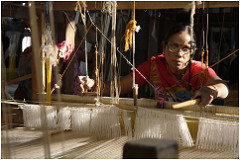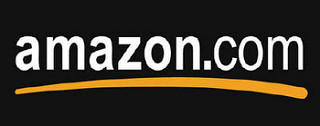Slavery in the Supply Chain: Driving Awareness

Slavery might seem like an issue of the past, but it’s still present in many communities today. If you eat fruits and vegetables, wear cotton clothing, use a cellphone, or eat chocolate, you might be contributing inadvertently to slavery. In recent years, consumers have driven companies to improve environmental practices and transparency in their supply chains. Now, many organizations are trying to rally consumers to support the elimination of slavery in supply chains, too.
Slavery in the Supply Chain
Forced labor is a form of slavery still practiced in many parts of the world. It’s particularly common in third-world countries where people will work in exchange for a place to live and food to eat. Companies that buy products from countries that allow forced labor are only fueling the slavery issue.
There are numerous documented cases of forced labor and other forms of slavery. It’s important to bring awareness of these supply chain situations to show companies that consumers care, since only then will reform really happen. Here are two scenarios engaged in enlightening consumers about supply chain slavery.
Sumangali Clothing Slavery
Five garment factories and spinning mills in southern India practice forced labor. Here, young women from lower class families in Sumangali are recruited to work and are then treated as prisoners. The pay is far below minimum wage, and workers are required to live in hostels with little privacy and few rights. Workers are only allowed short phone calls with family and must have a guard present for in-person visitations, just like in a prison. Big clothing brands in the UK, such as Bennari Amman, SP Apparel, SCM, Eastman, and Prem Group reportedly still use products produced by Sumangali clothing slavery.
Uzbek Cotton Slavery
The Uzbek government operates one of the largest forced labor systems in the world. Here, citizens are forced to harvest cotton, or they face a penalty. Daewoo International Corp. continues to use Uzbek cotton in its products. The Uzbek Cotton Slavery Campaign asks concerned consumers to write to Daewoo and ask for reform in its supply chain.
California Proposes Slave Labor Warning Labels
California lawyers propose placing warning labels on products where slavery was involved in the supply chain. The goal is to present a moral dilemma to consumers and make them think twice about buying products that support slavery. In the long term, California’s supply chain transparency law aims to encourage companies to eliminate the temptation of using slave labor to save money.
If the supply chain transparency law is passed, companies with revenues over $100 million will be required to include slave labor warnings on their products. Many big brands, like Nestle and Costco Wholesale Corp. have been sued by the lawyers trying to push for slave labor warning labels. Attorney Niall McCarthy said, “These lawsuits are vehicles for forcing business ethics … You cannot ignore human suffering to make a buck.”
Consumers have significant power to stop slavery in supply chains by supporting only companies that do not participate in the practice. That’s why California lawyers want to add slave labor warnings on products. Bringing awareness to the issue of slavery has the potential to bring an end to the practice altogether.






